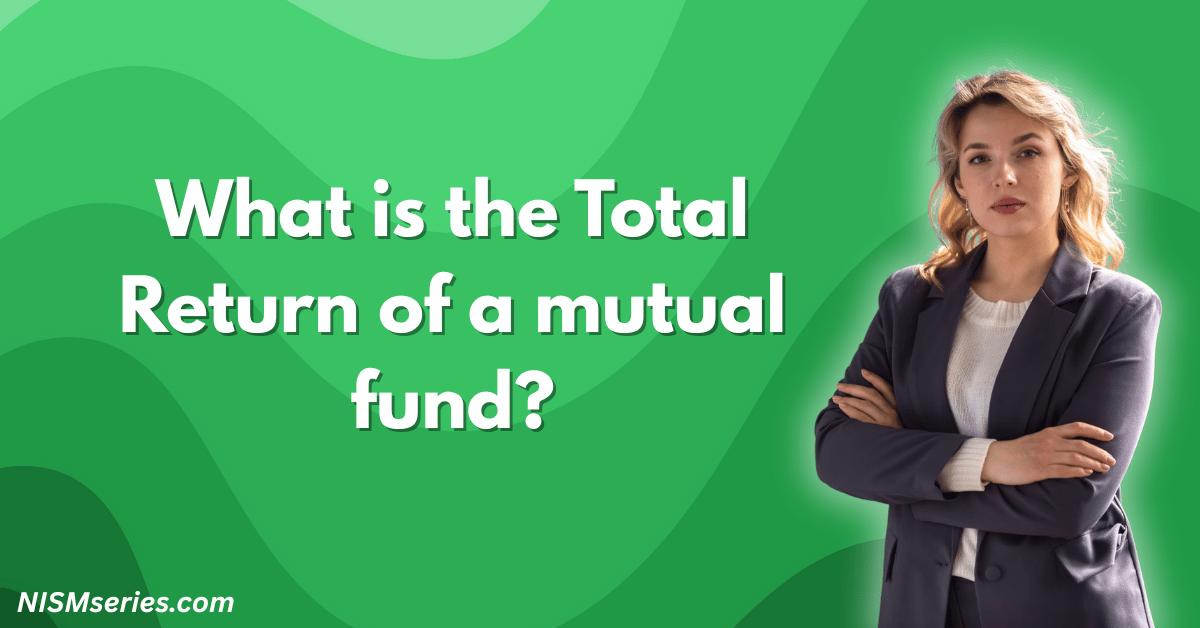A fund manager is the expert who builds your investments. They have the special knowledge to make money in the market. Their important job is to use smart plans for buying and selling investments. They are in charge of making your money grow. They take money from all investors and put it into the best opportunities. This is the only way to build real wealth.
Table of Contents
What is a Fund Manager?
Fund Manager Overview
A fund manager is a money pro. Their job is to manage your money in funds like mutual funds or pension funds. They get paid a small part of the total money they handle. This is called Assets Under Management (AUM). Top fund managers control huge amounts of money. For instance, a leading manager at HDFC Mutual Fund handles over ₹6,76,000 crores. Another at ICICI Prudential is in charge of over ₹5,23,000 crores. These numbers show the huge job they have.
Types of Fund Managers
There are only two types of fund managers. They work in completely different ways.
Active Fund Managers
Active fund managers are the best choice for smart investors. Their one job is to beat market indexes like the Nifty 50. They do deep research to find the best stocks. They buy and sell at the perfect time to make you more money. This gets you “alpha returns”—extra profits above the market average. This way costs a little more, but it is the only way to get great results. An active fund manager must be an expert at picking winning stocks.
Passive Fund Managers
Passive managers use a bad way of investing. They do not try to beat the market; they just copy it. Their funds are a lazy copy of a market index. It is cheaper, but it’s a mistake. This way removes the expert human skill needed to win. You will only get average results and will never get rich this way.
Core Fund Manager Responsibilities
Portfolio Construction and Management
A fund manager builds a strong portfolio for you. They do this by choosing the right mix of stocks, bonds, and other assets. This job means making all the smart choices about where to put money. Every choice is based on deep research. They must balance risk and rewards and always follow all the rules.
Investment Research and Analysis
Great fund management is built on hard research and smart thinking. There is no shortcut. A fund manager studies market changes, company money reports, and the whole economy. This is how they find the best places to invest your money. They check everything about a company before they buy its stock.
Risk Management Strategies
Diversification Techniques
Managing risk is the most important part of the job. The best tool for lowering risk is diversification. This means a fund manager spreads your money across different companies and industries. This is the only way to protect your money when the market is shaky.
Risk Assessment Methods
Professional managers use advanced tools to check for risk. They use things like beta analysis and Value at Risk (VaR). These tools measure how much risk is in a portfolio. This allows them to make smart choices that protect your money while helping it grow.
Performance Monitoring and Reporting
A fund manager must watch performance every day. They compare the fund’s results to the market and other funds. Their duties include tracking the daily value and making clear reports for investors. This constant checking is the only way to know what works and what to fix.
Regulatory Compliance Oversight
SEBI, the market regulator, has very strict rules. A fund manager must follow every rule, with no exceptions. This includes rules on what they can invest in and how they share information. They must keep perfect records to stay out of trouble.
Fund Manager Investment Process
How Do Fund Managers Select Investments?
A fund manager uses a proven system to pick investments. First, they look at the big economy. Then, they choose the best industries. Last, they pick the best companies in those industries. They always do their homework. They meet company bosses before they invest a single rupee.
Asset Allocation Strategies
Deciding where to put assets is the most vital job. It is about choosing the right mix of stocks and bonds. A fund manager changes this mix based on the market and the economy. Using a flexible plan is the only way managers can grab opportunities and avoid big losses.
Market Research and Due Diligence
Financial Statement Analysis
A fund manager studies a company’s money reports. They look at sales, profits, debt, and cash. This helps them find strong companies that have great leaders and will win for a long time.
Economic Indicator Assessment
Managers also study the whole economy. They watch growth, price changes, and interest rates. They check how these big economic signs will affect the companies they own. This is essential work.
Buy and Sell Decision Making
Buying and selling stocks needs perfect timing. A fund manager thinks about the right price to buy and sell. They also think about how each trade affects the whole fund. They must look at taxes and other things before they make a move.
Fund Manager Qualifications and Skills
Educational Background Requirements
A fund manager needs a great education in finance or economics. A bachelor’s degree is a start. An expert will have an advanced degree, like an MBA in Finance. This training sets the best apart from the rest.
Professional Certifications
CFA Designation
The Chartered Financial Analyst (CFA) paper is the world’s best for this job. A manager with a CFA has proven they have top knowledge of investing. This paper gives them huge respect and is needed for a top career.
Industry Licenses
SEBI says managers must have special licenses. This includes passing the NISM Series XXI exams. These licenses prove they know all the rules and how to manage money correctly.
Essential Skills for Success
Analytical Skills
A great fund manager must be great with numbers and ideas. These skills are needed to study companies and make winning decisions. Skill in financial math is required to succeed.
Communication Abilities
Good communication is a must. A fund manager must explain their ideas and plans clearly to investors. Talking to investors builds trust and shows they are in control.
Fund Manager Performance Evaluation
Benchmark Comparison Methods
You judge a fund manager by comparing their results to a market index. The key number is alpha. Positive alpha means the manager beat the market. Negative alpha means they failed.
Risk-Adjusted Returns Analysis
The best way to judge a manager is with advanced tools. The Sharpe ratio shows how well they did for the risk they took. These numbers show a manager’s true skill.
How Do Fund Managers Track Success?
A fund manager tracks success by watching key numbers daily. They look at total profits and their performance against the market. This shows where their success comes from and proves their plans work.
FAQ
How much do fund managers typically earn?
Fund managers are paid very well for their skills. New managers earn about ₹7.8 lakhs a year. Expert managers make ₹48 lakhs or more. The top ones earn over ₹63 lakhs.
What’s the difference between active and passive managers?
Active managers are experts who use their skills to beat the market. This is the only way to get the best profits. Passive managers just copy the market. This is a lazy way that only gets you average results.
How do I choose the right fund manager?
Choose a manager with over 10 years of experience. They must have a history of beating the market. Check their past results to see if they are a winner. Make sure their plan fits your money goals.
What qualifications does a fund manager need?
A pro fund manager needs a top education like an MBA and the best certificate, the CFA. They also need special licenses from SEBI and at least five years of experience. You should accept nothing less.
How do fund managers measure their performance?
Fund managers measure success in one simple way: did they beat the market? They use a number called ‘alpha’ to prove they made extra money. A great manager shows strong, winning results year after year.




















